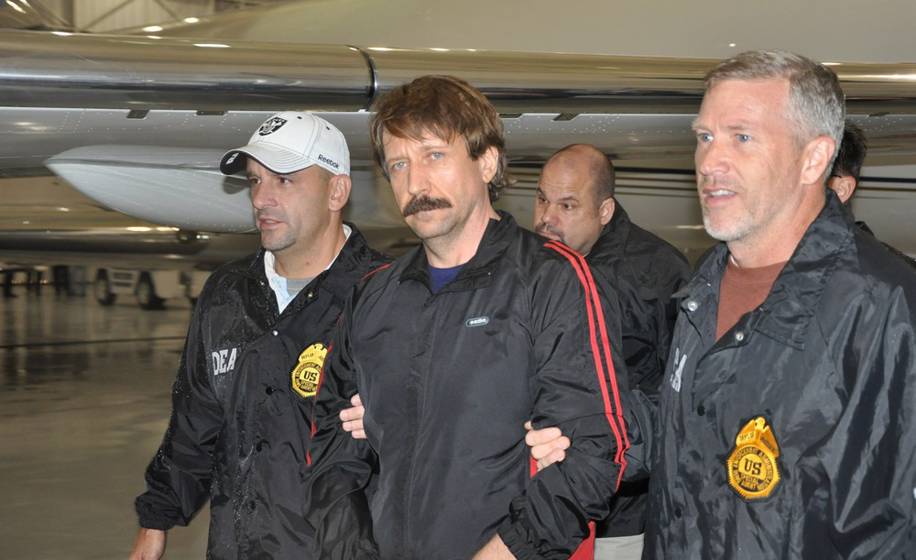
There is a profound lack of public accountability in the defence and security sector. Not only is global military spending rising, overall it is rising fastest in those states with the lowest levels of transparency and accountability. Unless more is done to establish standards of good governance in defence, corruption risks will grow from weak arms export controls, undetailed defence budgets, and irresponsible agents and dealers.
Katherine Dixon will present Transparency International’s Government Defence Anti-Corruption Index which assesses the integrity of over 120 government defence and security and provides recommendations across five risk areas: political appointments, finance, personnel, operations, and procurement. While some countries, like Norway, have robust anti-corruption procedures, TI’s research clearly demonstrates a deficit of good governance across the sector worldwide. One third of military expenditures is by countries with zero meaningful budget transparency, while ¼ countries do not publish their defence budgets at all. In 73% of the countries surveyed, the legislature is provided with little to no information on secret spending.
Borghild Tønnessen-Krokan will address Sustainable Development Goal 16.4 to “By 2030, significantly reduce illicit financial and arms flows, strengthen the recovery and return of stolen assets and combat all forms of organized crime” and show how development can be enabled by reducing irresponsible and illicit financial and arms flows. She will show that this goal needs both increased control over financial flows and publicly accessible high quality reports; and she’ll outline how this can be achieved.
Nicholas Marsh will first examine how corruption in the defence sector has a direct effect upon armed conflict and associated mortality, especially in countries involved in civil war in which corruption has removed resources from the armed forces. Second, he will outline how improved transparency in the arms trade could help to identify arms deals that involve corrupt practices.
About the speakers:
Katherine Dixon joined Transparency International’s Defence & Security Programme (DSP) as Programme Director in March 2015. Katherine is a former British diplomat. Her last role in government was as Private Secretary to the British Foreign Secretary. She has a background working on arms control issues and nuclear proliferation. Prior to that, she spent several years posted in China, and has also worked as a political analyst in the UK Ministry of Defence covering Afghanistan. Katherine has a degree from Cambridge, a Masters in Chinese Studies from SOAS, and speaks Mandarin.
Borghild Tønnessen-Krokan, is Acting Director of the Forum for Development and Environment (ForUM), a network of 50 Norwegian organizations coordinating interdisciplinary work on Agenda 2030. She is a Board Member of the global Control Arms Coalition which successfully campaigned for the Arms Trade Treaty. She has been a consultant for UNDP, NUPI and SUM (University of Oslo) in Havana, Cuba (2013-2014), and a Project Manager at Human Rights House Foundation, Lecturer in Human Rights at Gateway College, Information Director at CICERO Center for Climate and Environmental Research, and journalist at NRK Dagsnyttatten. Borghild has Masters degrees in Political Science from the University of Oslo, and in Media and Communications from the London School of Economics and Political Science.
Nicholas Marsh is a research fellow at the Peace Research Institute Oslo (PRIO) where since 2001 he has worked on the international trade in small arms, the relationship between violence and the acquisition of weapons by non-state groups, arms trafficking, and laws and regulations governing arms transfers. He has worked as a consultant to the UN Office on Drugs and Crime on monitoring firearms trafficking, and as consultant to the Small Arms Survey on the global small arms trade. He was Chair of a European research network that examined the relationship between weapons and violence. Nicholas has a Masters degree in International Conflict Analysis from the University of Kent.





